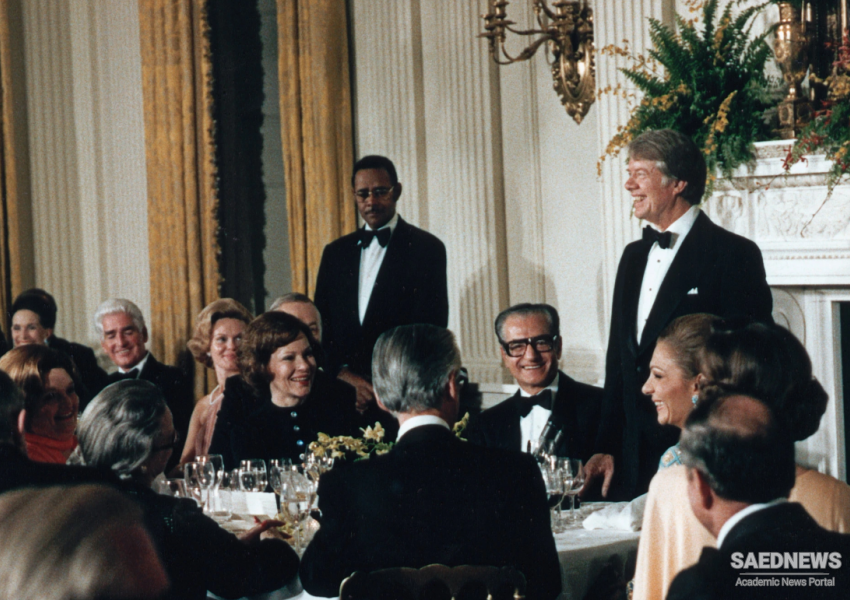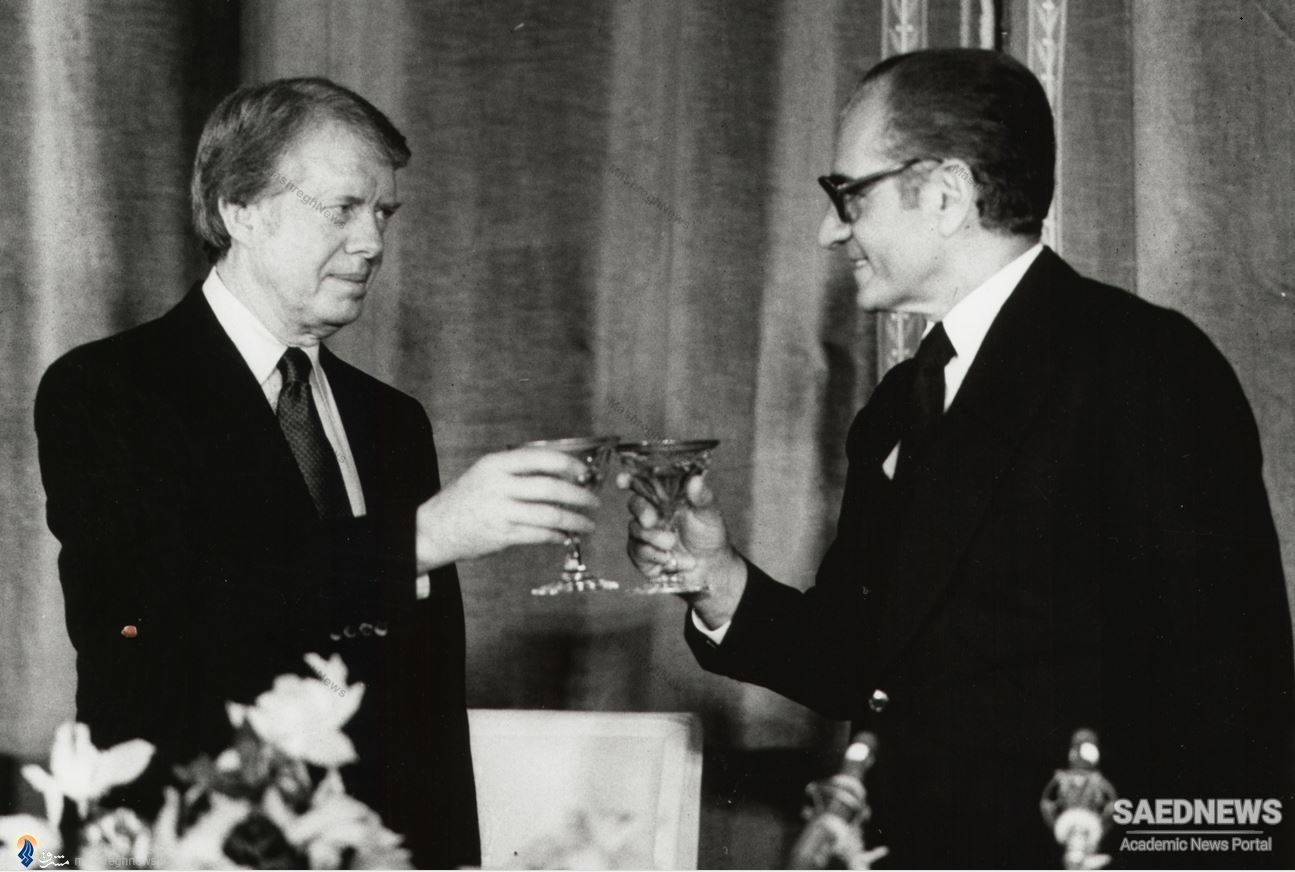The year 1978 had begun on an upbeat note for Mohammad Reza Pahlavi. US president Jimmy Carter, on his way home from a summit in Poland, had called in to spend New Year’s Eve with the shah. British sources regarded the visit as a great triumph for the shah, and an indication of the international esteem in which he was held. Carter went even further in his toast at the New Year dinner, praising the shah’s leadership and referring to Iran as “an island of stability” in an otherwise troubled region. The shah had reasons to be cheerful, reinforcing the sense of complacency that had come to define the previous few years of his rule. Buttressed by enormous oil wealth – Iran’s revenues had increased enormously after Middle Eastern oil producers vastly hiked prices in December 1973 – he had spent much of the 1970s pursuing his dream of the ‘Great Civilisation’, a sort of welfare state on steroids. The shah envisaged a state that, by the turn of the millennium, would care for its citizens from cradle to grave, allowing Iran to take its place among the top five global powers. The speed with which he hoped to achieve this goal was at least partly motivated by an early diagnosis of cancer, which had reinforced his sense of mortality and fatalism. Few were aware of that diagnosis, instead ascribing the urgency to hubris; regardless, it is certainly true that the shah’s impatience for progress led to a series of politically inept decisions intended to circumvent the last vestiges of constitutional monarchy and place even more power in his own hands (Source: History Extra).



 White Revolution: Shah's Partial Plan for a Comprehensive Modernization
White Revolution: Shah's Partial Plan for a Comprehensive Modernization














































